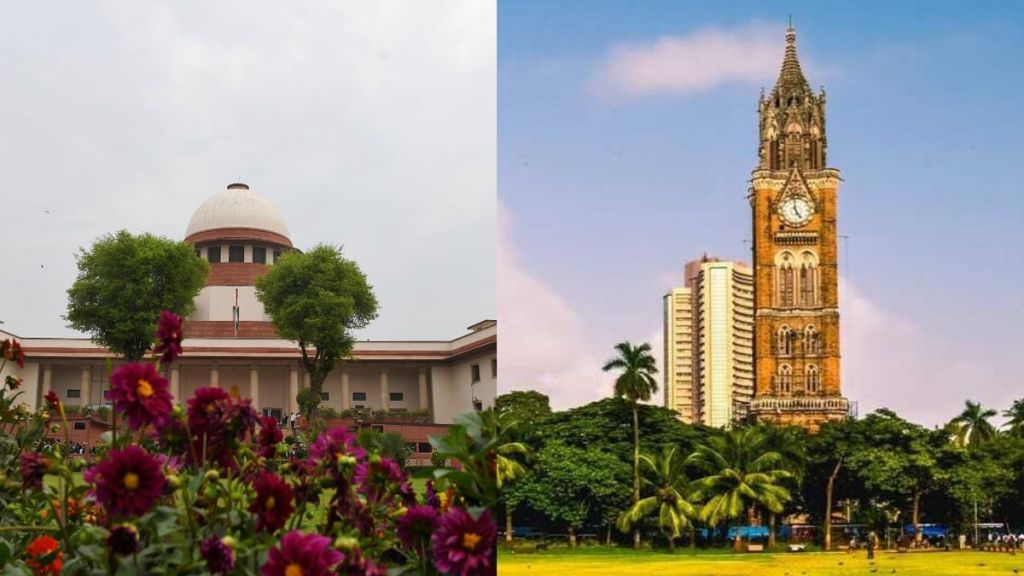
A city-based lawyer has challenged in the Supreme Court (SC) a recent Bombay High Court (HC) order against the University of Mumbai (MU) further postponing the much-delayed elections for the senate, the varsity’s top statutory body.
In his plea, Siddharth Ingle, president of Maharashtra Students Union (MASU), argued that the HC’s interim verdict, delivered on Saturday, will compromise the integrity of the election process. While the plea was mentioned for an urgent hearing before a bench led by the Chief Justice of India DY Chandrachud, the court agreed to hear it on Tuesday, when the elections are slated to be conducted.
While the elections for the 10 seats of the senate’s graduate constituency were originally scheduled for Sunday, MU on Friday evening announced indefinitely suspending the elections. The decision followed a directive from the state government, which appointed a one-member committee to probe ‘extremely low’ enrolment for the voter list. However, following an urgent hearing on Saturday of a plea filed by three Yuva Sena candidates for the polls, HC asked the polls to be held immediately.
This was the second instance of the polls being deferred at the state’s behest. The MU had suspended the polls around around a year ago as well after the government asked the university to probe allegations of duplicated entries in the electoral rolls. The student and youth leaders from the opposition parties have called these interventions by the state’s ruling alliance to delay the senate elections, which are pending for two years, until after the state assembly polls.
Ingle had also filed a plea in HC challenging the elections, on the grounds that the university ‘illegally’ charged a Rs20 registration fee from the voters. He also questioned the reduction in the number of electors from more than 90,000 to around 13,0000. However, the HC refused to stay the elections.
“The abrupt decision to reinstate the election, in the absence of sufficient administrative arrangements and in light of the significantly reduced number of eligible voters, compromises the integrity of the election process,” the student leader said in his Special Leave Petition at the SC.
The petitioner also claimed that the HC’s refusal to stay the elections is akin to ‘granting of final relief under the guise of interim relief’, as it would effectively render futile the state’s probe into low enrolment. “The high court, while passing the impugned order, failed to consider that the elections in question pertained solely to the graduate constituency, and the senate was otherwise fully functional. Therefore, there existed no urgency or compelling necessity to pass an interim order directing the conduct of elections in such a hurried and precipitate manner, thereby undermining the principles of fairness and due process in the electoral process,” reads the petition.
Budhbhushan Rajratna, one of the counsellors of the petitioner, said that the university needs to provide adequate representation to its graduates in the senate. “The elections are dominated by the mainstream parties, with little space for independent student organisations. By levying the registration fees, the university has limited the access to polls. We want the voter enrolment process to be done anew,” he said.